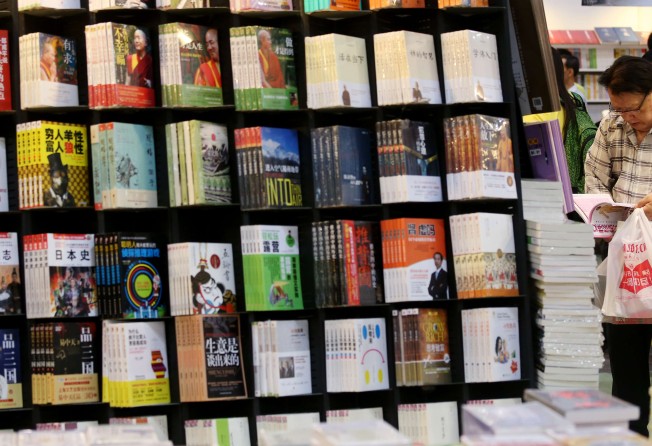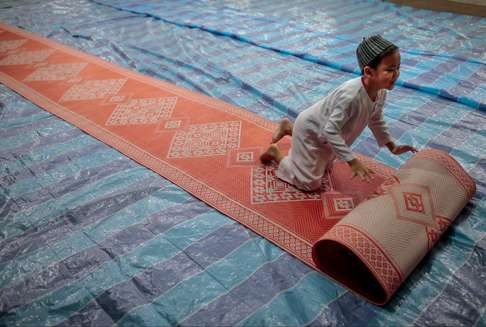In the interests of diversity, can a role be found for simplified characters in Hong Kong?
Danny Chan calls for rational debate on the issue, as is right and proper in a global city

Antagonism knows no bounds – witness the current situation in politically sensitive Hong Kong. Of late, for example, many people have challenged the viability, quality and feasibility of using simplified Chinese characters in Hong Kong society.
We should encourage rational debate about how this originally alien language could find a foothold in the community, such as how it can be balanced with traditional Chinese writing in our education system, or when is the best time for young people to be exposed to it. As long as these issues don’t become political, especially at election times, we should cherish every opportunity to examine the opinions of different stakeholders. Yet, sadly, such debates in Hong Kong often end up going to extremes.
It is, of course, not difficult to see how simplified Chinese has become associated in Hong Kong with all that is negative about the mainland, and why we see occasional support for such irrational actions as trashing books or other written works published in simplified Chinese. Even though most of us in Hong Kong or Taiwan grew up with a form of Chinese different from that on the mainland, we cannot deny that simplified characters have nurtured a sense of Chineseness for ethnic Chinese in many Southeast Asian countries, like Singapore and Malaysia. For this reason alone, we should not ignore or neglect efforts devoted to the standardisation of the language in our nearby communities.

Mainland China aside, Singapore is probably one of the places most devoted to standardising Chinese language through the use of simplified characters. Some attribute this to Lee Kuan Yew’s exceptional foresight predicting China’s rise, others to ethnic rationalisation or communal consolidation. Whatever the reason, after its education ministry unveiled a list of simplified characters in 1969, the nation has been on a journey of Chinese language standardisation.
Linguistic diversity must still be preserved, however, especially in a community that treasures its multicultural society. The Singaporean experience reveals the use of Tamil, Malay, English and Mandarin coexisting in society. In Malaysia, though the Chinese language has occupied a less official status, it is sustained through family usage, writing and publishing.
Here, if we want to make Hong Kong a global city, then we should consider how to embrace other languages. There is much to be discussed to this end, particularly with regard to our education policy, but there is no excuse to wall up our city.
Danny W. K. Chan teaches communication and language at Hong Kong Community College, Polytechnic University